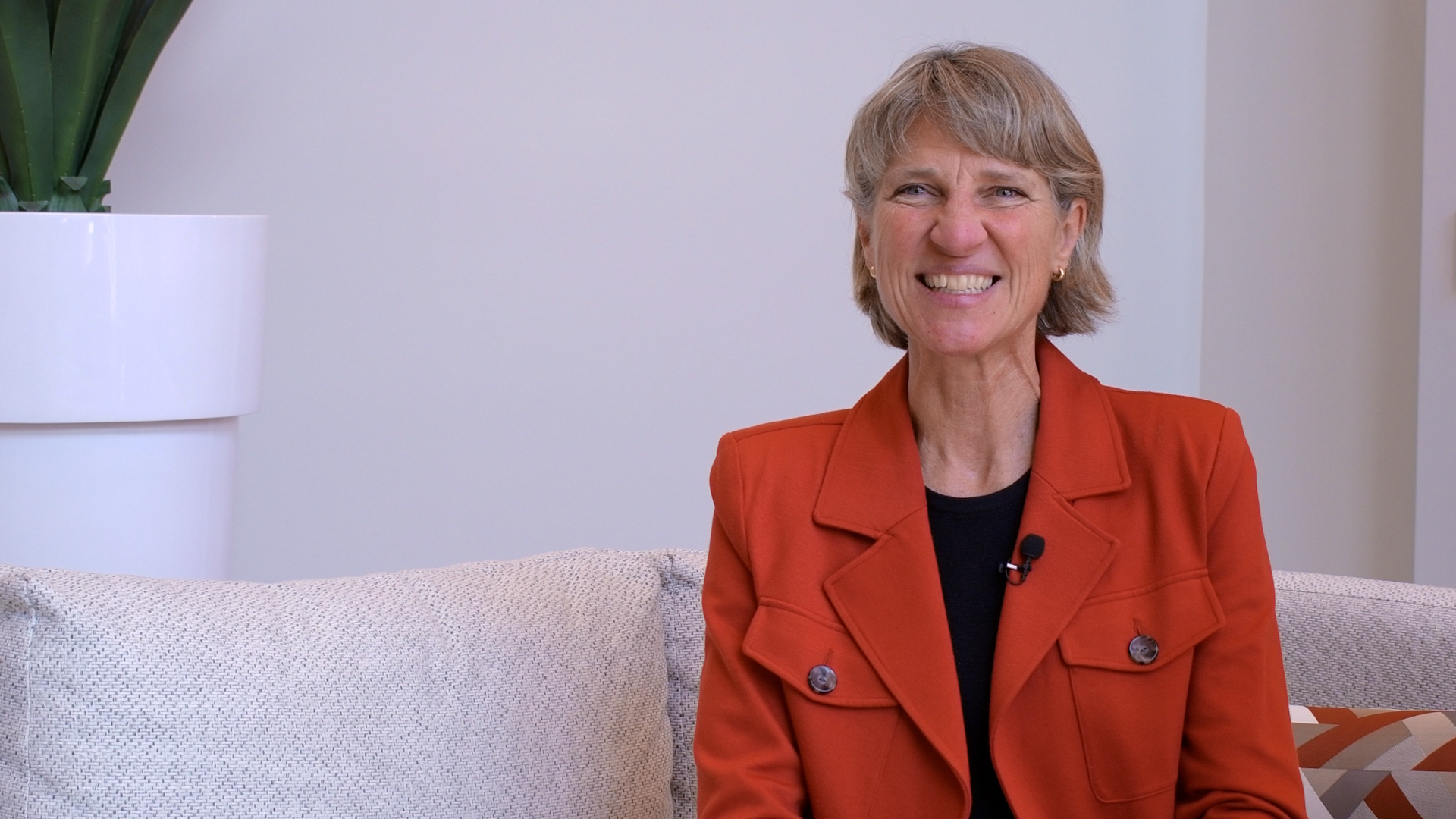With Grant from Mebane Charitable Foundation, Yadkin Wolfpack Literacy Partnership Will Collaborate with Yadkin County Schools to Train Literacy Experts, Improve Reading Proficiency

A new partnership between the NC State College of Education and Yadkin County Schools called the Yadkin Wolfpack Literacy Partnership will work to improve reading proficiency in the district by helping teachers become literacy leaders.
Funded with a two-year grant from the Mebane Charitable Foundation totaling $575,183, the Yadkin Wolfpack Literacy Partnership will use a cohort-based Master of Education program to enable 20 teachers with Yadkin County Schools to gain the advanced expertise necessary to effectively implement evidence-based literacy instruction. Dennis Davis, Ph.D., associate professor of literacy education at the NC State College of Education, is leading the project.
“Our ultimate goal isn’t just to help these 20 individual teachers get better at teaching in their classrooms,” Davis said. “It’s to create a community of teachers who are really savvy and skilled in using their expertise collectively, so the whole district benefits.”
“The Mebane Foundation had been exploring opportunities for a partnership with NC State’s College of Education for more than a year,” said Larry Colbourne, president of the Mebane Charitable Foundation. “When Dr. Davis approached me with this unique partnership opportunity, I immediately thought of Yadkin County Schools. The county is the epicenter for Unifi’s global operations, and much of the corpus of this foundation can be traced back to the wealth Mr. Mebane accumulated as a founder of Unifi. I can’t think of a better way to give back to Yadkin County.”
The partnership is one that Yadkin County Schools Superintendent Todd Martin said will have a lasting impact in the area.
“We are extremely excited about the partnership between the NC State College of Education, the Mebane Foundation and Yadkin County Schools,” Martin said. “We believe this partnership — which will result in 20 of our teachers receiving master’s degrees — will have a lasting impact on students in the county. Our teachers will be better prepared to implement literacy instruction, assessment and intervention. This can only benefit our students, especially those who are in the early stages of learning how to read.”
Teachers who become part of the program will participate in online classes and face-to-face seminars, as well as gain supervised intervention experiences in the Wolfpack Readers afterschool program at The Literacy Space. Davis said that providing time for teachers to interact with students through the Wolfpack Readers program will give them an opportunity to immediately practice the skills they are learning through their coursework, which is not always possible in their classroom settings.
“We’ve been really intentional about making sure there’s always a place where teachers can be a little more experimental, so that they can immediately try out these ideas with real students and think about how to hone their expertise,” he said. “Then, when they do have the opportunity to build it into their classrooms, they’re doing it with more forethought and experience.”
Although the project focuses on early literacy, Davis said that a few middle school teachers will likely be among the 20 invited to join the cohort.
Data shows that fewer than 60 percent of students in North Carolina are proficient in reading by the end of third grade. This means a large portion of students ultimately advance to middle schools without the necessary reading skills. Participation of middle school teachers could allow for literacy specialists to be available to help students outside of an elementary school setting, which has been historically uncommon, Davis said.
“It’s always been important to me that we think about older readers who are having difficulties, because we can’t just let them continue to fall further behind,” he said.
School administrators will also play a role in the project through workshops that will help them better understand some of the terminology and principles of effective literacy instruction. It’s an idea Davis said he borrowed from Wolfpack WORKS, another NC State College of Education literacy initiative that kicked off its second year by conducting a series of workshops for school leaders. Assistant Professor of Literacy Education Jill Grifenhagen, Ph.D., is the principal investigator of the Wolfpack WORKS project while Ann Harrington, Ph.D., teaching associate professor of reading education, and Paola Sztajn, Ph.D., associate dean for research and innovation, serve as co-principal investigators.
The decision to bring the Wolfpack Literacy Partnership project to Yadkin County also builds upon Wolfpack WORKS’ efforts in rural areas.
“The Wolfpack WORKS project has really focused across the state in a lot of districts, so our college is committed to kind of expanding as far as we can in counties where we haven’t had a lot of partnerships,” Davis said. “It fits our college’s mission of being a land-grant university that serves the whole state.”
Davis said he hopes the Yadkin County partnership will serve as a pilot that will facilitate the ongoing creation of future intensive, district-level partnerships that allow teachers across the state to receive this training to become literacy specialists.
“This will hopefully be the first of many district-related cohorts,” he said. “If we can work with districts and build up a concentrated amount of expertise in a group of teachers who are then empowered to help district leadership make decisions and inform the curricula, I think we could make some pretty good headway in improving early reading achievement.”
- Categories:


